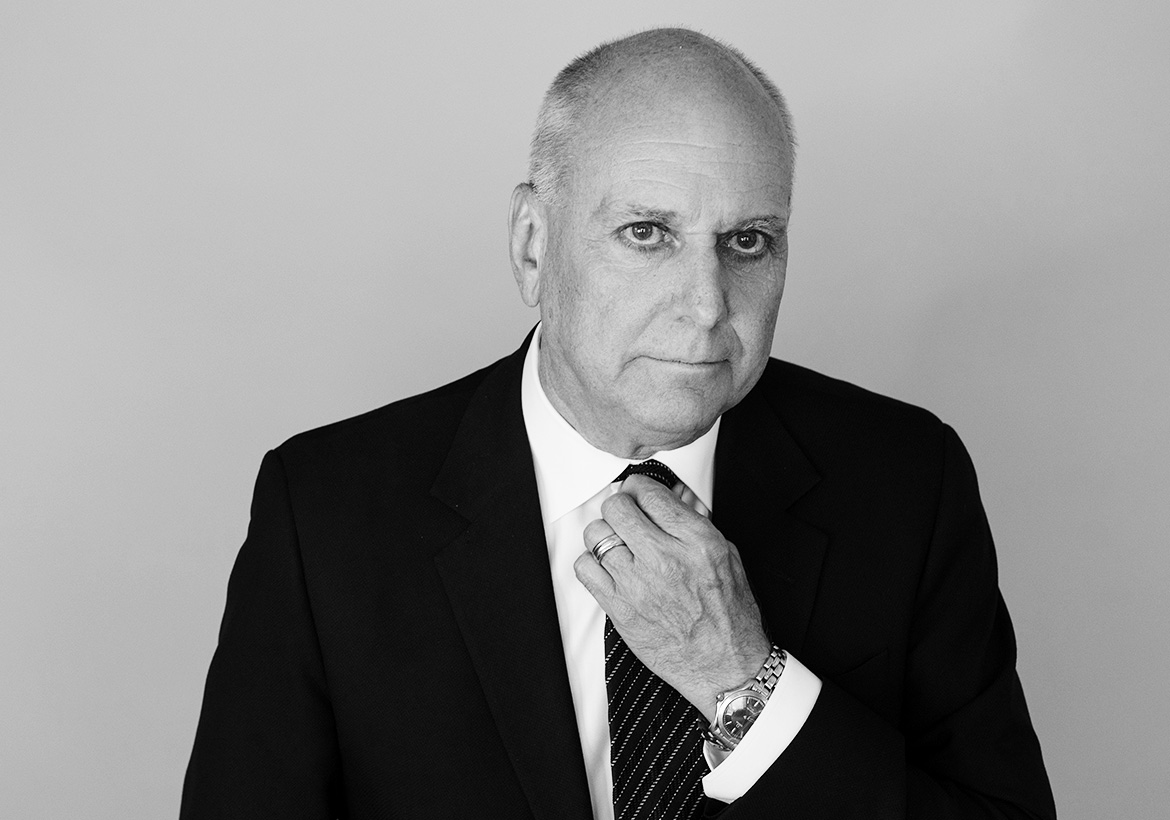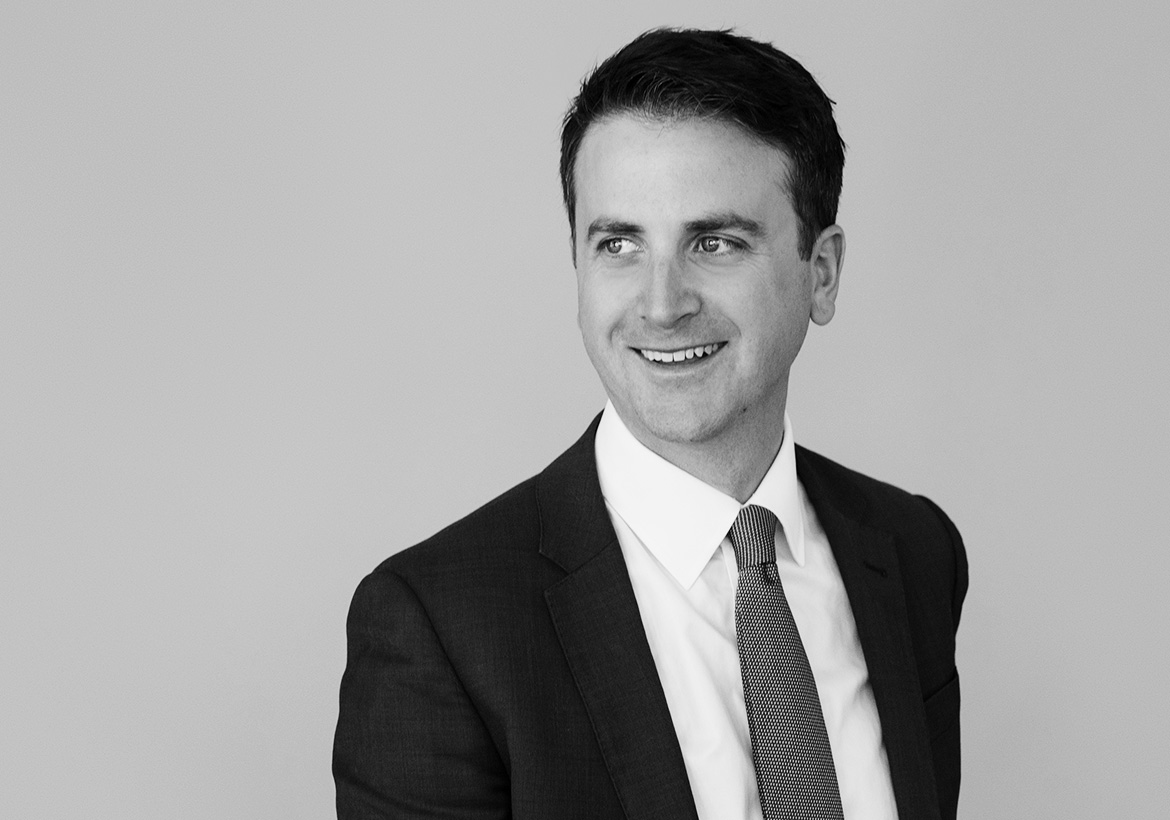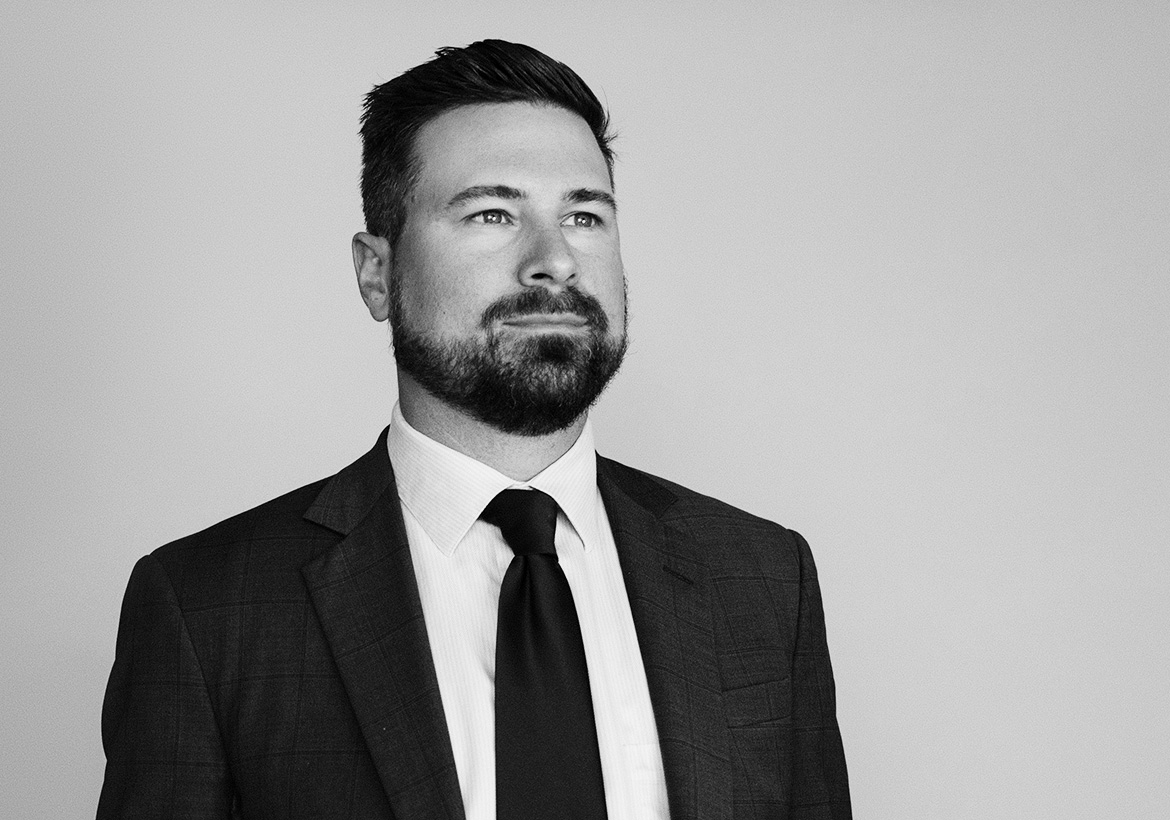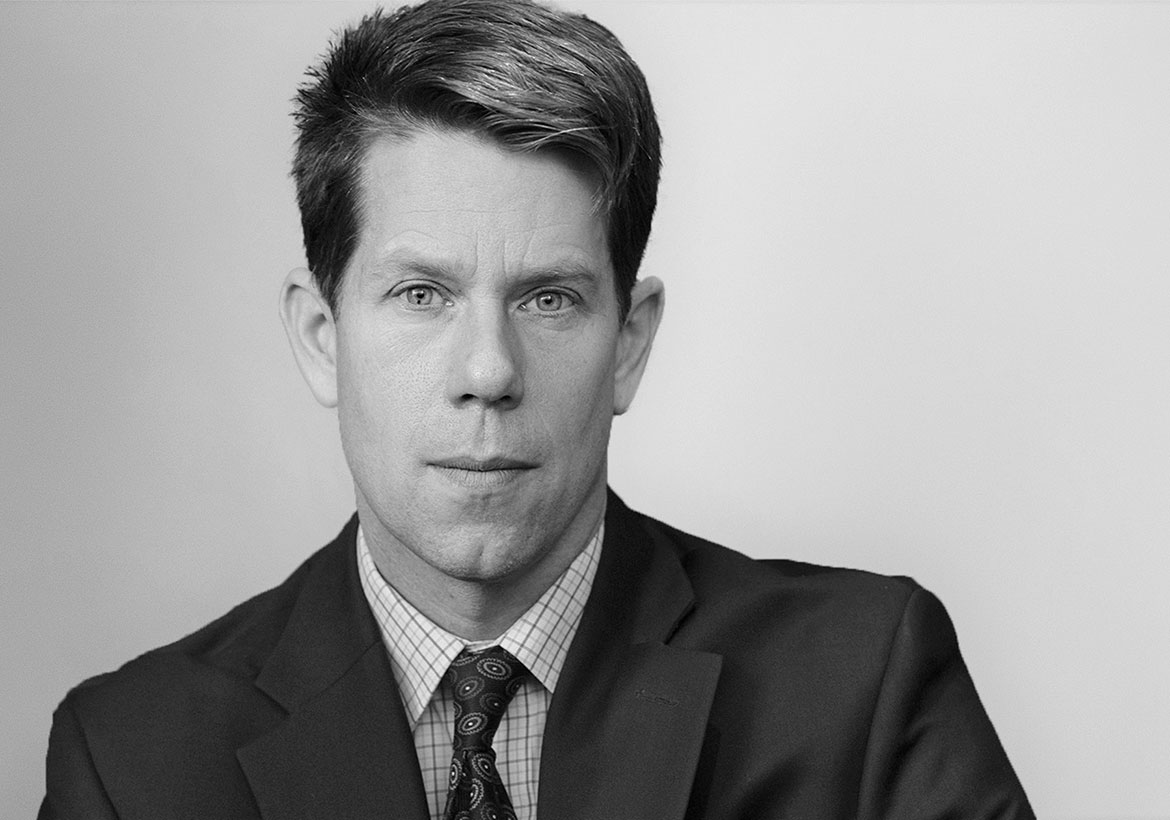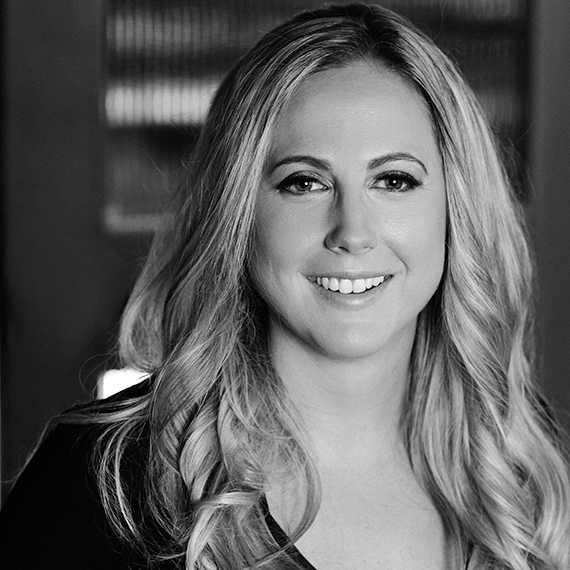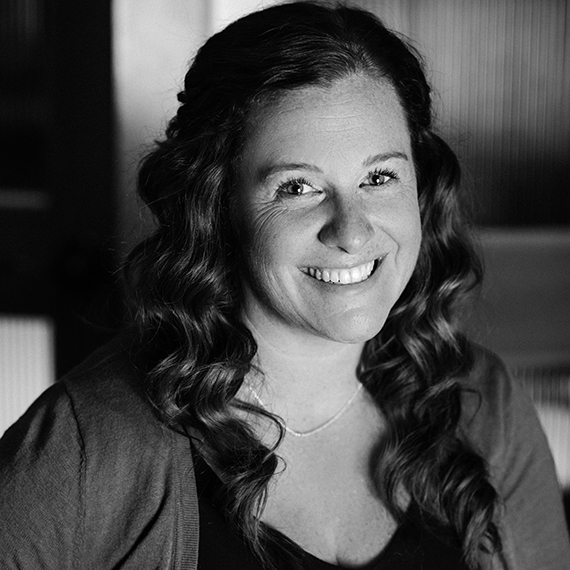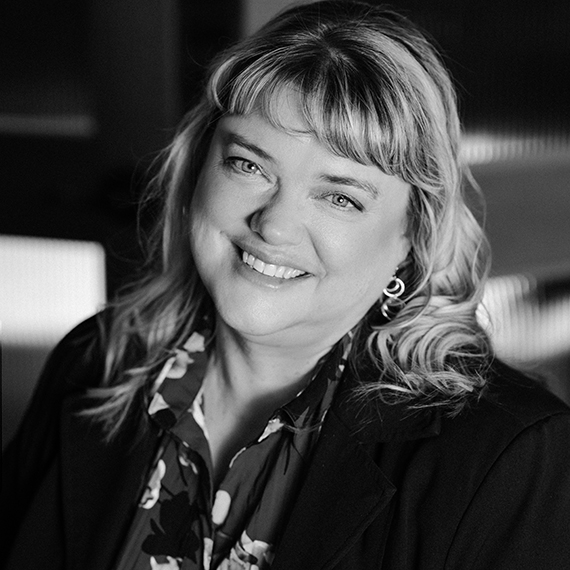With all the buzz surrounding the Federal Government’s recently proposed tax changes, talk of income splitting and passive investments has dominated the headlines, taking the spotlight away from the government’s proposed changes to the principal residence exemption.
The government announced legislative proposals related to the principal residence exemption on October 3, 2016.
Most of us are familiar with the current exemption: if a property qualifies as a taxpayer’s principal residence, the taxpayer can use the exemption to reduce or eliminate some or all of the capital gain otherwise occurring for income tax purposes on the sale of such property.
The proposed legislation will have two major consequences:
- Non-residents will be unable to claim the principal residence exemption; and
- Trusts will only be eligible to designate a property a principal residence for a tax year that begins after 2016, if it meets additional eligibility criteria.
For the purposes of this bulletin, we will limit our discussion to how the changes will affect Trusts, such as Joint Spousal or Alter Ego Trusts.
For taxation years that begin after 2016, a Trust must meet the following extra requirements in order to claim the principal residence exemption:
- The Trust must be an “eligible trust” The specified beneficiary(ies) of the trust is/are resident in Canada in the year; and
- Where the Trust acquires property after October 2, 2016, the Trust must contain special language that provides the specified beneficiary with a right to the use and enjoyment of the property as a residence throughout the period in the year in which the Trust owns the property.
The legislation proposes that “eligible trusts” will fall under the following three general categories:
- alter ego, spousal or common-law partner trusts, joint spousal or common-law partner trust, or certain trusts established for the benefit of the settlor during the settlor’s lifetime;
- qualified disability trusts, provided the trust meets certain conditions; and
- a Trust, the specified beneficiary of which for the year is an individual:
- whose parents are not alive at the beginning of the year;
- one of whose parents is a settlor of the Trust;
- who has not turned 18 before the end of the year; and
- who is resident in Canada during the year.
Problems are likely to arise because many existing alter ego and joint spousal trusts do not contain the specific language that is now required. Thus, care must be taken, when contributing a principal residence to an existing Trust, to ensure that the Trust contains or is amended to add this required language.
A Trust that was eligible to claim the exemption prior to 2016 that is no longer an “eligible trust” (i.e. a principal residence trust, or an inter-vivos discretionary family trust) will continue to be eligible for the principal residence exemption with respect to the gains accrued until December 31, 2016. However, any gain that has accrued after that date (i.e. January 1, 2017 – present) will not be exempt.
Ideally, those clients whose principal residence is held by a non-qualifying Trust had their structures reviewed and rectified before the end of 2016. That said, if your client hasn’t, there’s no time like the present. The longer your clients wait to review (and rectify) their planning structures, the more costly the proposed changes will be to your client, especially in a hot real estate market.
As practitioners, we should keep an eye out, and review, the following structures:
- Family trusts (i.e. discretionary inter-vivos trusts) that might own a principal residence;
- Principal residence specific trusts; and
- Alter-ego, spousal/common law partner trusts, or joint spousal trusts, that do not contain specific language allowing the spouses/partners to have the exclusive use and enjoyment of any residence owned by the trust.
If you review a client’s specific structure and have any questions or concerns with respect to their Trust’s ability to utilize the principal residence exemption under the new rules, contact a member of our team.



